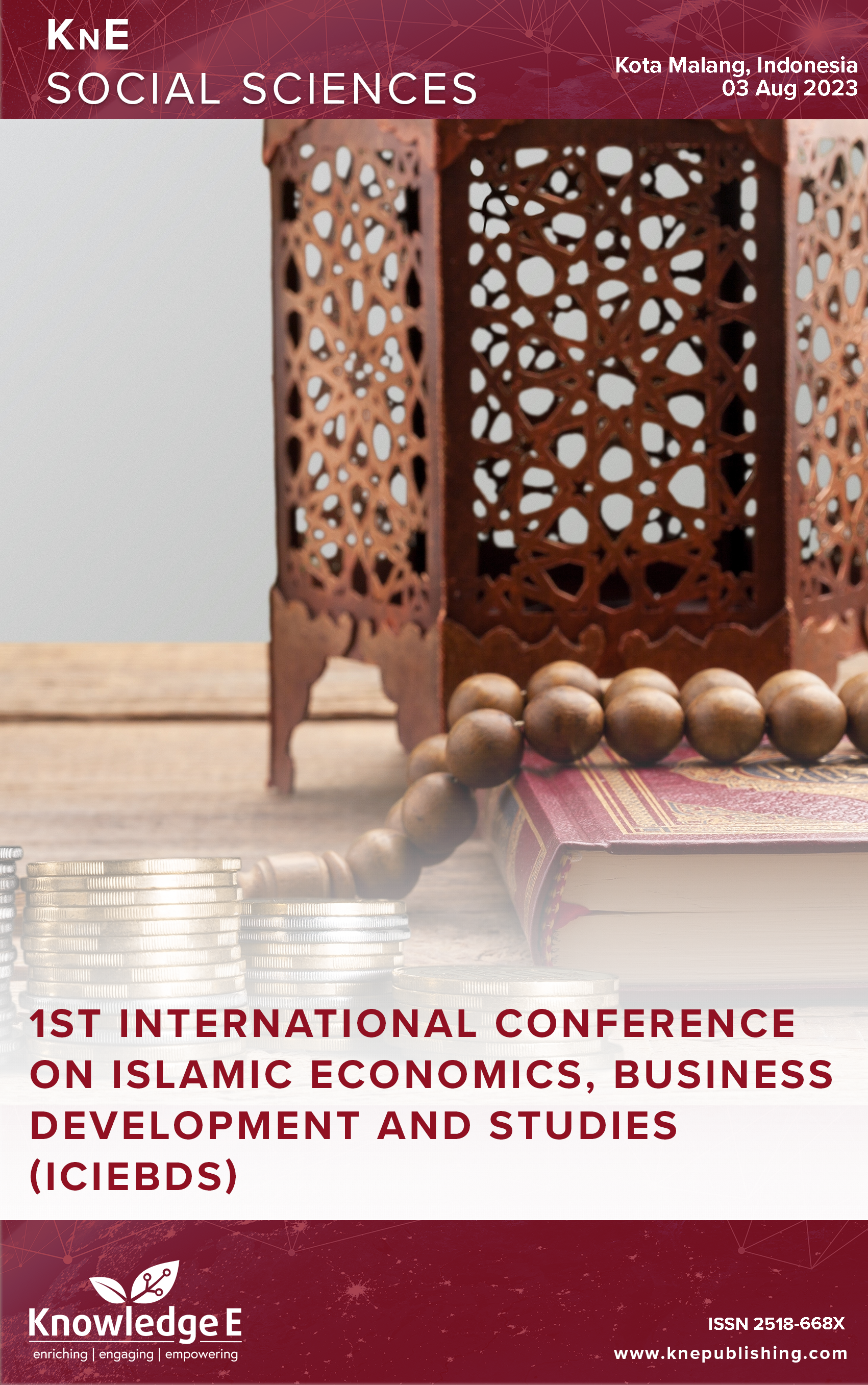Internal Control System for Government Agencies
DOI:
https://doi.org/10.18502/kss.v9i16.16239Abstract
Internal control is a part of each system used as procedures and guidelines for the operational implementation of a specific company or organization. Meanwhile, the internal control system is a collection of integrated internal controls that are interconnected and mutually supportive. According to Government Regulation No. 60 of 2008, the internal control system is defined as an integral process of actions and activities carried out continuously by leaders and all employees to provide adequate assurance of achieving organizational goals through effective and efficient activities, the reliability of financial reporting, the safeguarding of state assets, and compliance with regulations.
Keywords: internal control system, government agencies.
References
Suryanih H. Setiyawati, and R. Mappanyuki, “The Influence of Government Accounting Standards and Intelligence Control Systems on the Achievement of Auditor’s Opinions,” vol. 161, no. Ciibelr 2019, p. 156–166, 2021, doi: https://doi.org/10.2991/aelbmr.k.210121.023. DOI: https://doi.org/10.2991/aebmr.k.210121.023
Moeler RR. “Changing the Definition of Internal Control and Information System Integrity,” Intelgr. Intel. Inf Control System., vol. i, p. 255–272, 1997, https://doi.org/10.1007/978-0-387-35317-3_15. DOI: https://doi.org/10.1007/978-0-387-35317-3_15
C. C. of S. O. of the T. COSO, “ACHIEVING EFFECTIVE INTERNAL CONTROL OVER SUSTAINABILITY REPORTING (ICSR): Building Trust and Confidence through COSO Internal Control-Integrated Framework,” COSO-ICSR Relp., p. 1–114, 2023.
P. R. Indonesia, “Peraturan Pemerintah No. 60 of 2008 concerning the Government’s Intelligence Control System,” p. 282, 2008.
Intestinal GA. “Document Analysis as a qualitative research approach method,” Qua. Rai. J., vol. 9, no. 2, p. 27–40, 2009, https://doi.org/10.3316/QRJ0902027. DOI: https://doi.org/10.3316/QRJ0902027

